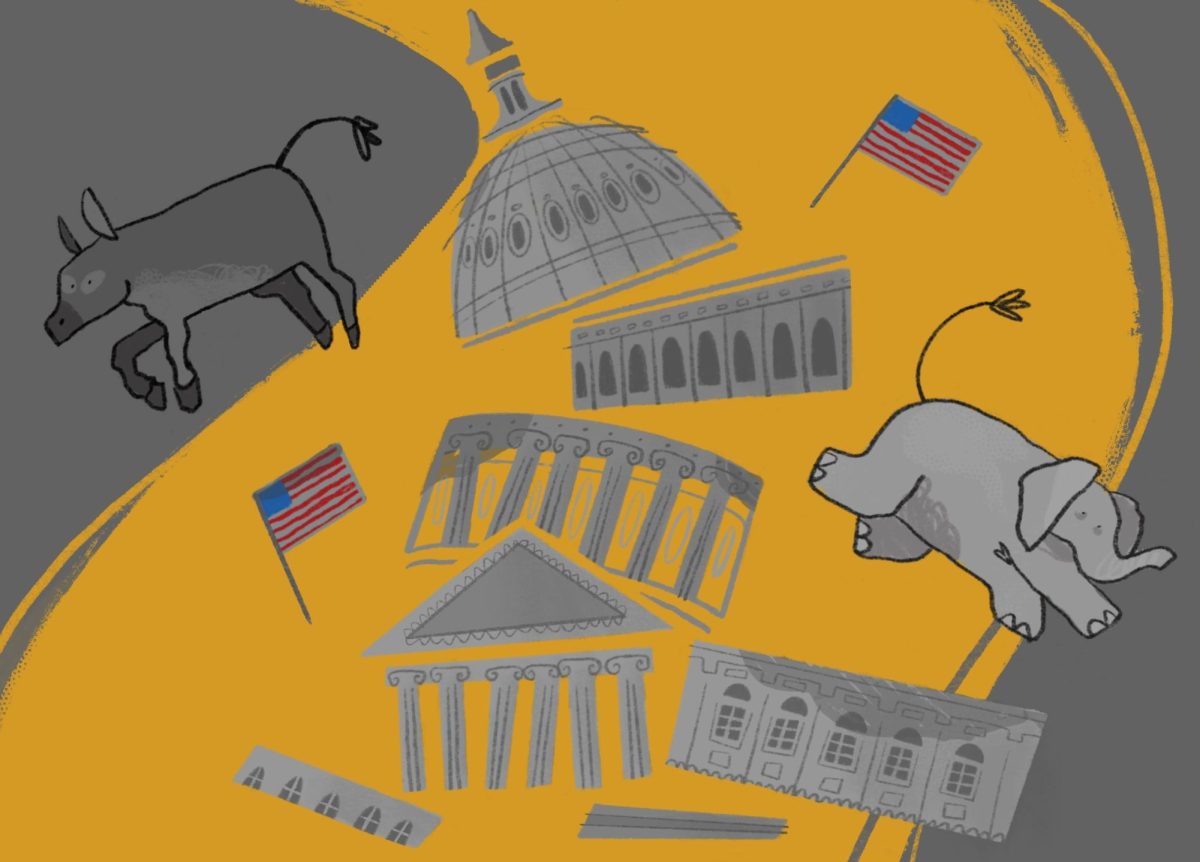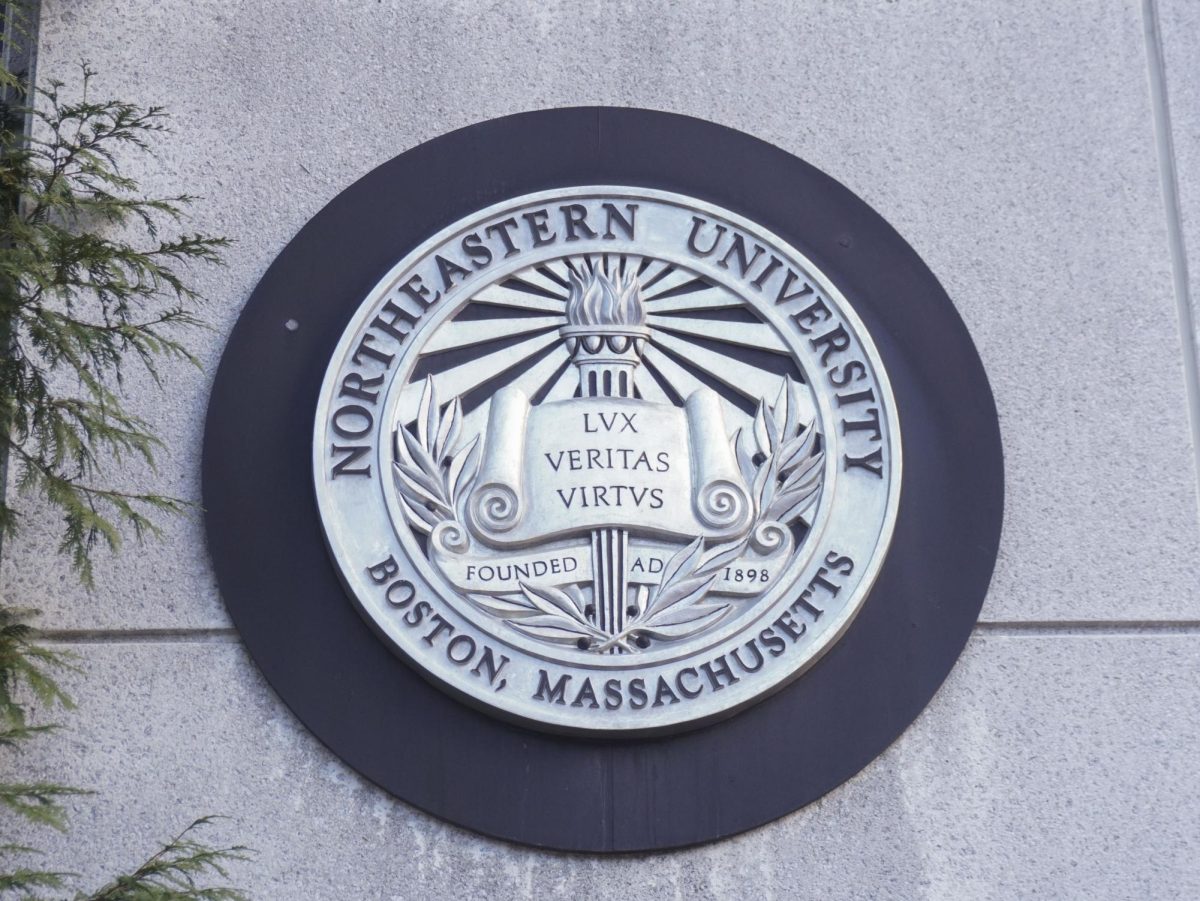November 15 will mark the deadline for students to apply for a Dialogue of Civilizations in 2014. This round’s selection of dialogues is quite diverse with destinations ranging from Iceland to Serbia and activities ranging from studying geothermal and glacial activity to live conflict resolution. These are not merely “trips” around the world. Students are injected into real global scenarios and allowed to learn from what’s going on around them.
The concept is truly brilliant: for roughly the price of a session of summer classes you can spend a month in a country that you’ve only read about. This is experiential learning at it’s best.
American students often fall into the classic “American is the best” trap. We find it difficult to understand other cultures outside of our borders. Horrific events abroad have little significance in our day-to-day lives. A bombing in a city-square thousands of miles away means very little when you have an exam in calculus the next day. A crowd of thousands protesting an oppressive government measure somewhere in Europe is worth little more than a few Facebook shares and a retweet.
We are disconnected from members of our own species. Thousands of years of differing ideologies have created borders that will exist long after we’re gone. We are born into a world where we are divided by lines on a map. We use these lines to identify our brethren abroad. Furthermore, we judge each other based on these lines. The actions of a few become the intentions of many – accusations give way to hatred.
Too often in our global society, the mindsets of the rich and powerful taint our perceptions of the common people of the world. We take what we are fed in the news and the media without asking any questions. We only hear about our fellow humans in other countries when they make headlines – usually bad headlines. How many Americans knew where Chechnya was before the Boston Marathon bombing? Who could have explained the difference between Sunnis and Shiites before Sept. 11?
Unfortunately, our perceptions of foreigners are typically shaped by tragedy. We see events through a US-first lens. Words like backwards and primitive are thrown around with very little context.
So when Northeastern offers to get students out and about in the world for the price of a summer session, it says something about the university’s dedication to churning out the most experienced, well-rounded individuals possible – not just settling for efficient members of the workforce. Programs like the Dialogue of Civilizations ensure that the students who take part, will leave Northeastern with a sense of global community and a greater understanding of the world around them.
The world becomes a lot smaller when you travel.
As humans, we all have the same basic needs and wants. We have much more in common with each other than we think, and spending time in other parts of the world only makes this clearer.
On top of the incentive of gaining perspective, dialogues offer adventure. When else in your life will you be able to wander the streets of Sarajevo, Bosnia and Herzegovina, hike around volcanoes in Iceland or study architecture in China? These are not family vacations, rather, they are once in a lifetime opportunities to be immersed in cultures completely different from your own. Travelling is essential to the development of a functioning mind – being pushed out of your comfort zone and forced to think in a completely new way is something you can only find abroad.
For most people, the hardest part about signing up for an opportunity like a dialogue is actually pulling the trigger. It seems like there is always a reason why not – money, time, plans with the family. But these hang-ups pale in comparison to what you have to gain from an experience abroad. Where there’s a will there’s a way.
So pull the trigger and don’t look back.








